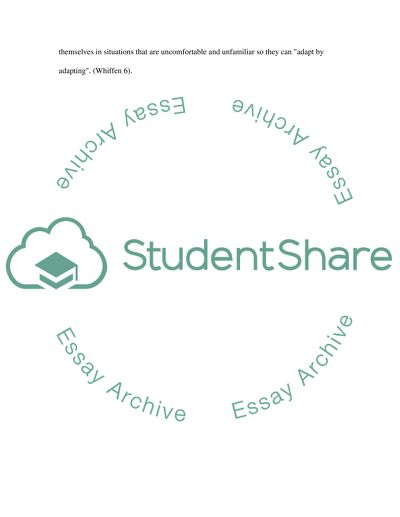A Leader in the Military: Challenge Assumptions and Perceptions Essay. Retrieved from https://studentshare.org/military/1549687-adaptive-leader
A Leader in the Military: Challenge Assumptions and Perceptions Essay. https://studentshare.org/military/1549687-adaptive-leader.


